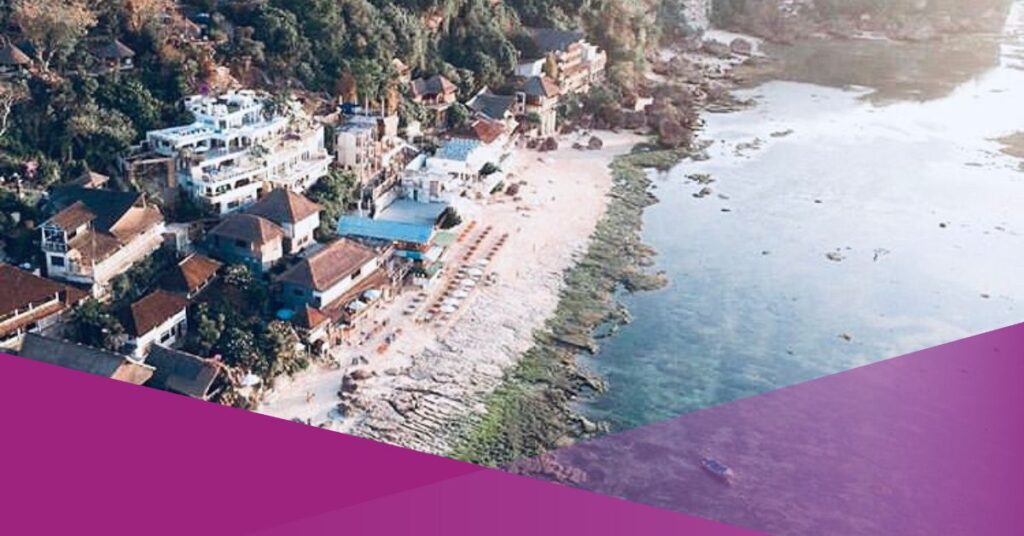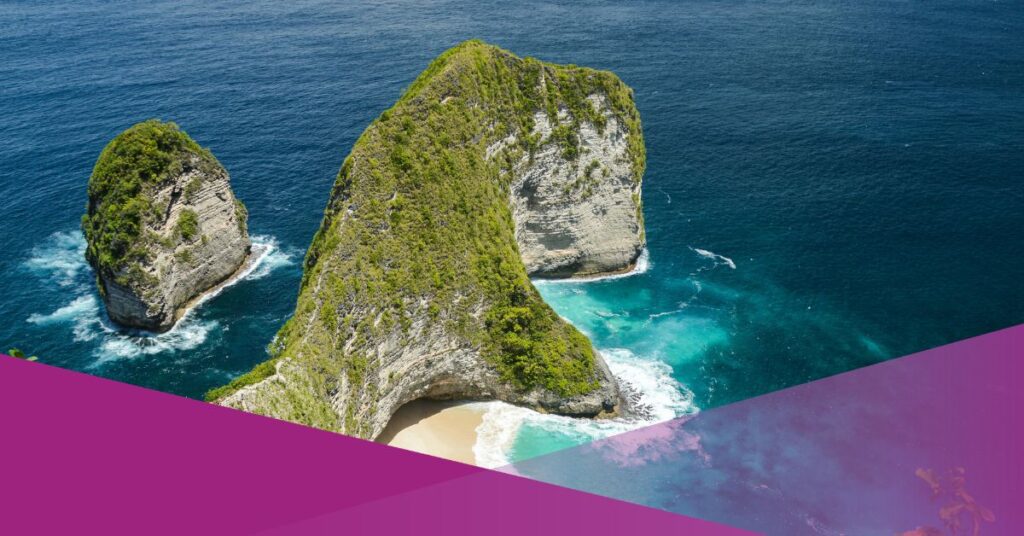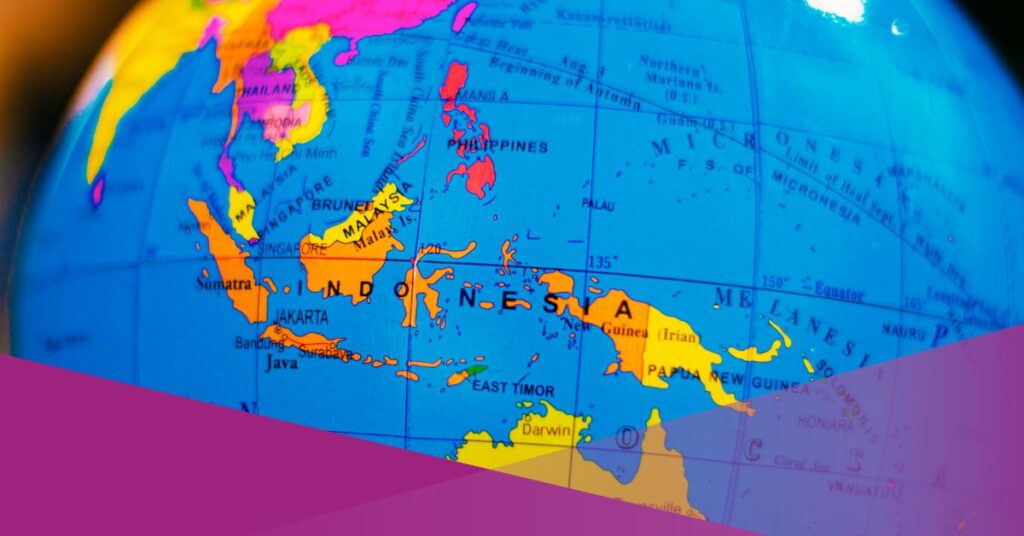The Bali Provincial Government has commenced the demolition of 48 structures built illegally on state-owned coastal land in the Bingin Beach area, Pecatu Village, South Kuta District.
The process began on Monday, 21 July 2025, following months of tension between authorities, business owners, and local communities.
The buildings, comprising villas, homestays, restaurants, and tourist facilities, were found to be in violation of multiple national regulations, including those concerning spatial planning, environmental management, coastal protection, and state land tenure.
The site, classified as a protected green zone on the coast and cliffs, prohibits any form of commercial development.
Bali Governor Wayan Koster, who oversaw the start of the demolition alongside Badung Regent I Wayan Adi Arnawa, stated that the buildings were not only illegal but were constructed on land belonging to the Badung Regency Government.
“We are not ignoring the plight of workers. We do care,” said Koster at the location, as quoted by detikBali.
“But if activities are disorderly, violate regulations, and use public assets, then that cannot be tolerated. If we allow these kinds of practices throughout Bali, the island will be severely impacted in the future.”
He further stated that the Bali Provincial Government will establish an audit team to investigate the status of tourism permits across all regions. “Firm action will be taken against those who violate regulations, and of course, it will be pursued through a legal process,” Koster added.
Residents Dispute Land Ownership and Call for Legal Process
Despite the official action, the demolition has sparked protests from business operators and local residents who argue that the government’s move is premature. They claim the land status is still being disputed in court and should not be acted upon until there is a legally binding decision.
“In the petition, we have asked that the demolition be postponed until the case has reached a permanent legal outcome,” said Alex Barung, legal representative for the Bingin Beach Traders Association, as reported by Kumparan. “Both the government and the community must follow legal procedures in accordance with the constitution.”
Residents have expressed their historical ties to the area, pointing out that they have lived and worked as fishermen along the Bingin coast for generations. The development of tourism-related businesses, they say, began in the 1980s, before formal spatial planning regulations were introduced in the 2000s.
@bbcnewsindonesia “Siapa yang akan kasih makan keluarga kami?” teriak karyawan sebuah kafe di Pantai Bingin, Bali, yang diklaim ilegal oleh pemerintah. Pemerintah Provinsi Bali membongkar Morabito Art Clift dan Morabito Sunset Restaurant pada Senin (21/07) karena beroperasi tanpa izin selama 15 tahun. Lebih dari 80 orang bekerja di kafe tersebut. Selain Morabito, ada 48 bangunan lainnya yang juga akan dibongkar. #Bali #restoran #pembongkaran #ilegal #pariwisata #bisnis #ekonomi ♬ original sound – bbcnewsindonesia
Local entrepreneurs argue that many businesses were later established with financial support or in cooperation with foreigners, reflecting the evolution of Bali’s tourism landscape.
“Bingin Beach has been managed by the people of Pecatu long before these regulations existed,” said one local representative. “Today, there are between 1,500 and 2,000 workers. Around 40 business places operate here through cooperation between locals and foreigners.”
In 2021, residents, via the traditional village authority, submitted an application for management rights of the Bingin Beach area to the Badung Regency Government, further complicating the ownership issue.
The Bali DPRD had previously cited numerous violations committed by the business operators, including PP No. 8/1953 on State Land Tenure, PP No. 18/2021 on Land Management and Registration, Law No. 26/2007 on Spatial Planning, and Law No. 27/2007 on Coastal Area Management, among others.
Among the businesses listed for demolition are popular spots such as Sun & Surf, Kelly’s Warung, Bingin Beach House, Villa Romeo, and Sticky’s Place. Six businesses have been identified as operating under foreign partnerships, including Villa V Uluwatu, The Beach by Ours, Legent Beach Front Resort, and Morabito Art Cliff.
As the month-long demolition progresses, legal proceedings and community dialogue are expected to continue, as both sides seek resolution to an issue that sits at the intersection of tourism development, environmental preservation, and traditional land use rights.


































